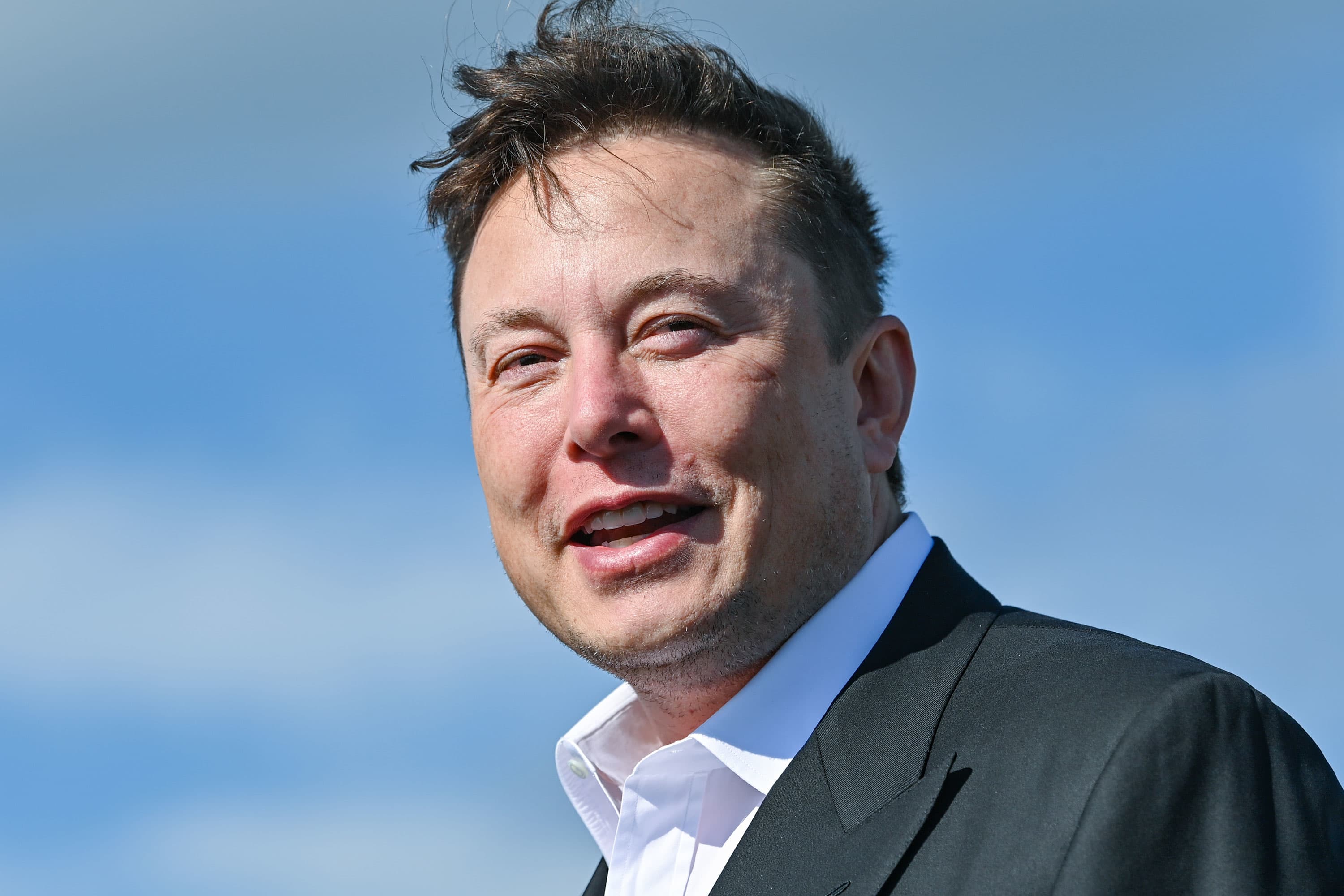As inflation roars at a pace not seen in decades, Tesla CEO Elon Musk said to own physical assets over cash.
In a Musk tweet around midnight ET on Monday, the Tesla founder said: “As a general principle, for those looking for advice from this thread, it is generally better to own physical things like a home or stock in companies you think make good products, than dollars when inflation is high.”
Even so, Musk said he is holding onto cryptocurrencies.
“I still own & won’t sell my Bitcoin, Ethereum or Doge,” he added.
The comments come as the consumer price index for February rose 7.9% from a year ago, the highest level since January 1982.
Investors may turn to physical assets such as commodities during inflationary times, as inflation boosts the prices of those holdings.
Musk’s comments on crypto briefly moved the price of bitcoin higher before the digital asset pared gains. Bitcoin was nearly flat at $38,940.47 by around 7:30 a.m. ET.
The price of bitcoin is down nearly 19% in 2022, according to CoinDesk data.
MicroStrategy CEO Michael Saylor earlier in the Twitter thread touted crypto as an inflation play.
“Weaker currencies will collapse, and the flight of capital from cash, debt, & value stocks to scarce property like #bitcoin will intensify,” Saylor said.
The two CEOs are known as prominent figures in the crypto space, both having added bitcoin to their respective company’s balance sheets. Musk’s comments in the past have regularly moved the price of digital coins.
